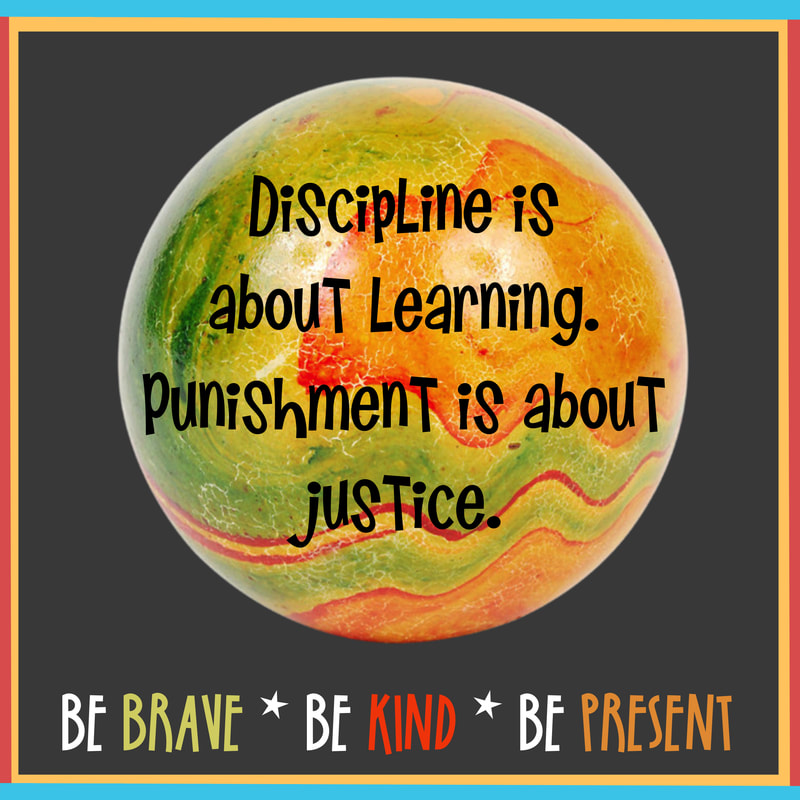 So I’m standing in the play yard right now listening to a caregiver tell a little person that because she was “disrespectful and rude”, and that she will sit out and miss after school, outside playtime with her friends. Now, I don’t know the whole backstory. I also have no intention of judging this caregiver’s response, but I do have some observations about what took place after, as well as some alternatives. Observations: This little person is now ready for a fight. She keeps running away the moment the caregiver turns her back. This has become a battle and a painful game of cat & mouse where her initial “disrespectful” behaviour has been forgotten and everyone is reacting to the subsequent behaviours as egos get involved. Possible alternatives: I wonder what would have happened if some collaborative problem solving was implemented here. What’s that you ask? Well, it’s the belief that kids do well when they have the skills to do so. It’s the belief that behaviours are just ways that kids communicate that they are having trouble meeting someone’s (or their own) expectations. It’s the belief that when we invite kids into the problem solving experience, magic happens. So, I would have asked the kid to give me the backstory and come up with some solutions for the lagging skills/inability to meet expectations. It may have looked a little like this: “I noticed you were really upset when you were talking to me earlier. What’s up?” My goal would be to separate the behaviour from the experience and find out what’s underneath the “disrespect”. At this time, I would be silent and just listen to the little person’s experience and explanation as to why she used those words! When she had said everything that needed to be said, and I had successfully validated those explanations (repeated back to make sure that I completely understood), then I would have explained my side and / or expectation. “I need to feel safe and respected here and when you’re feeling angry, I get it, but your words hurt me. I would like for you to use different words to explain how you’re feeling” After this, we would have taken a few moments to brainstorm some solutions with the little person. “I understand that you’re really upset, but is there another way that you could tell me that you’re angry/hurt/hungry/sad/tired/uncomfortable?” “So the next time you’re feeling really … what are some words or actions that we can use to ask for help?" Once we have some solutions and an agreement as to what we can do, we test it out! If it fails, we come back to the “Hey, I noticed we used some angry words again when you were feeling frustrated back there. What’s up?” And then we start from the beginning. Remember that helping little people grow their brain takes lots and lots of practice. Patience and discipline are our most amazing and powerful tools. Time outs & punishments may have their place, but as I’ve said before, the latter is more connected to justice (making us feel better or have more power / control) and focuses only on behaviours. Consequently, it doesn’t help the child in building their skills to do better and can create larger barriers between the child and the caregiver. So, there you go. Just some observations and thoughts from the play yard. Send word if you have additional thoughts or comments?
0 Comments
Leave a Reply. |
Welcome to my blog!This is a space to visit, learn, share and explore what it is to be Mindful and a Mindful Parent. Thank you so much for coming to learn with us! Categories
All
Archives
June 2021
|
Photo from torbakhopper
 RSS Feed
RSS Feed